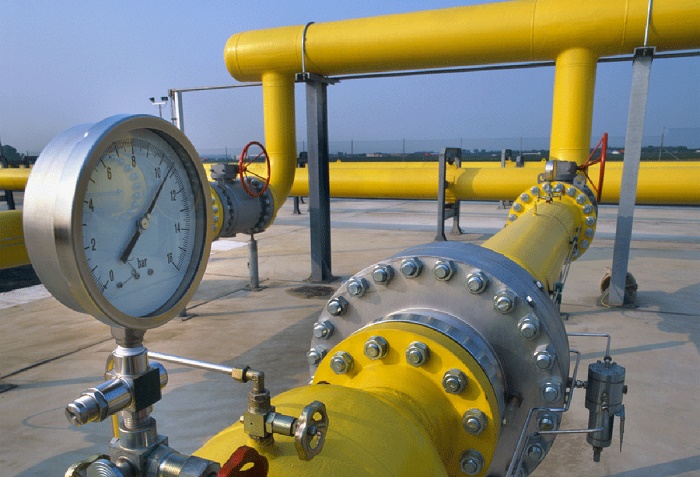She noted that the Southern Corridor is successfully being put in place to supply gas from Azerbaijan to the EU by 2020.
The corridor also offers the potential, in the future, to facilitate the entry of other gas sources into the EU from the Eastern Mediterranean, the Caspian, and the Middle East, according to the spokeswoman.
The Southern Gas Corridor takes precedence over an agreement signed by Russia’s Gazprom, Italy’s Edison and Greece’s DEPA on February 24 to develop a natural gas pipeline between Greece and Italy to transport Russian gas to Europe, the EC spokeswoman added.
“The Commission remains with its known position that interconnection projects must contribute to the EU’s diversification and energy security strategy, and is compatible with all the relevant EU legal requirements; in particular the third energy package rules,” she said. “That is part and parcel of the Energy Union.”
The same company is prohibited from producing and transporting gas to the EU simultaneously, according to the third energy package.
The Southern Gas Corridor project envisages transportation of 10 billion cubic meters of Azerbaijani gas from the Caspian Sea to Europe through Georgia and Turkey.
At the initial stage, the gas to be produced as part of the Stage 2 of development of Azerbaijan’s Shah Deniz field is considered as the main source for the Southern Gas Corridor projects. Other sources can also connect to this project at a later stage.
As part of the Stage 2 of the Shah Deniz development, the gas will be exported to Turkey and European markets by expanding the South Caucasus Pipeline and the construction of Trans-Anatolian Natural Gas Pipeline and Trans-Adriatic Pipeline.
More about:















































